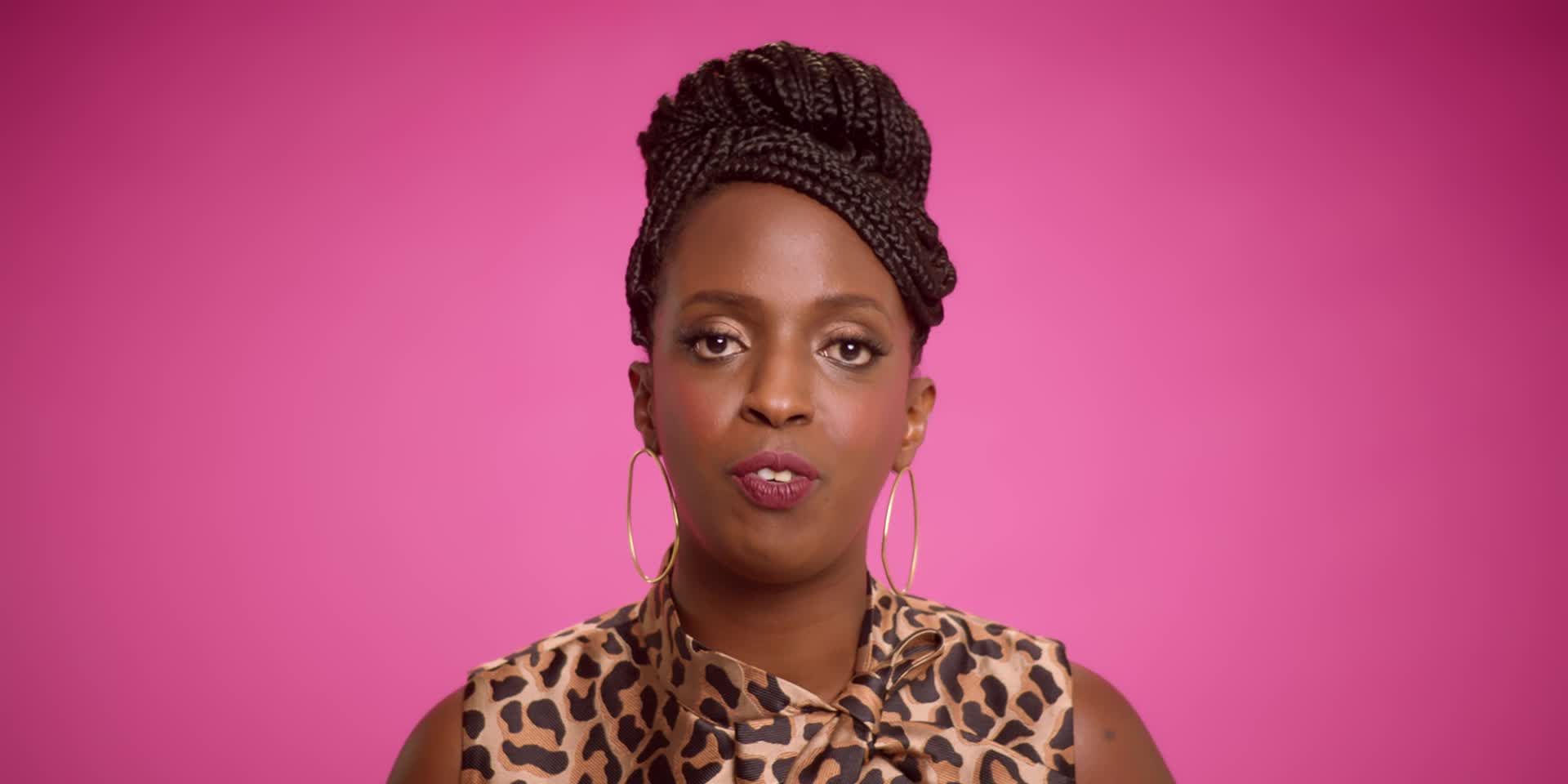The original post is located at www.elle.com

Put simply, mental health is health. But for women and girls—especially those from marginalized communities—it’s an aspect of human health that continues to be underfunded and undervalued. For this year’s Global Mental Health Day on October 10th, the kate spade new york Social Impact Council is raising awareness of the importance between female empowerment and mental health—two issues that have historically been seen as separate, but are in fact very interconnected. The Council is an inspiring lineup of women activists, each with unique backgrounds, who are focused on initiatives that work toward one overarching belief: Good mental health is a fundamental right, and is now more than important than ever.
Founded in January of 2022, the kate spade new york Social Impact Council champions women and girls on a global scale by financially supporting organizations that empower gender and mental health as a primary objective. This year, kate spade new york and its foundation, in partnership with the Social Impact Council, are investing over two million dollars to provide access to women’s empowerment and mental health resources around the world, with the ultimate goal of empowering 100,000 women and girls with mental health support by 2025. Watch the video above to get to know this collective of galvanizing leaders, and read on to learn more about each.
Taraji P. Henson
You know Taraji P. Hens on from barrier-breaking films and television. What you might not know about the charismatic, award-winning actor, filmmaker and entrepreneur is that, in fall 2018, she launched the Boris Lawrence Henson Foundation
“World Mental Health Day is taking a very difficult conversation and putting it on a global platform. When you do that, you dismantle stigmas,” Henson explains. “Every walk of life, people suffer from anxiety and mental health struggles, so it’s important that we have these platforms to talk about such a heavy subject. You create these circles of people where you can create a safe space to talk about the hard subjects in life; you find commonalities with other humans and you build from there.”
Elisha London
A UK-based entrepreneur and mental health advocate, Elisha London is the Founder and CEO of Prospira Global, a mental health consultancy that works with businesses, philanthropists and investors to implement mental health support programs. London’s personal and professional journey has focused on mental health for years now. Prior to her launching Prospira Global, she was the director of the Heads Together campaign, a mental health initiative from the royal foundation. In 2018, London founded United for Global Mental Health, an organization which works to raise awareness, reduce stigma, and increase support for mental health on a global scale. “Having good mental health is about having a healthy mind that enables a life well lived,” she says.
Catherine Tinsley
Catherine Tinsley is a chair professor in the management department at Georgetown University. There, she studies gender dynamics in organizations as well as personal and social perceptions, which she describes as how we process information and form judgments about other people.
In her view, “Mental health is about balance. It’s about awareness. It’s about some modest amount of self control. You can’t stop yourself from having feelings and you can’t stop the ups and downs of life, but good mental health creates a positive boundary between you and the outside world.” In her role as an expert on gender intelligent leadership, Tinsley has participated in global symposiums as a speaker on the role confidence plays in economic empowerment for women.
Latham Thomas
Latham Thomas works to advance reproductive justice and birth equity. She’s the founder of Mama Glow, a maternity lifestyle business that includes a women’s center and a roster of doulas who support women at every stage of reproduction. She also launched the Mama Glow Foundation—an organization focused on birth equity that works to transform reproductive health in the United States through education, advocacy, and the arts.
“A lot of us suffer because we don’t have access to a sense of empowerment. We don’t have access to a sense of personal wellbeing,” she says. “Our mental health is just as important as every aspect of our wellbeing. In the West, we separate physical health from mental health and emotional health, [but] all of this is connected.”
Jazz Thornton
New Zealand mental health advocate, award-winning film director, and author Jazz Thornton co-founded Voices of Hope, a non-profit working to erase the stigma around mental health, in 2014. Her short film, Dear Suicidal Me, captures real people—including herself—reading suicide notes they wrote, then explaining why they’re grateful to be alive. It struck a major chord, garnering over 80 million views within the first 48 hours of being posted online.
“Empowerment means knowing that you have the potential to live out whatever it is that you may want to do,” she says. “For me, growing up facing mental health battles from such a young age is what made me understand the importance of talking about it, learning how to look after your own mental health, and also how to look after the mental health of those around you.”
Norette Turimuci
As the former executive director of Resonate—a leading women’s social enterprise in East Africa that offers education and confidence-building workshops to women and girls—and a gender equality advocate, Norette Turimuci has dedicated her career to empowering and fostering future female leaders.
When asked, during our video shoot, to define mental health she said, “Mental health is when my thoughts and my heart are aligned in a space that is free of judgment, of guilt, of shame, of control, of worry, and when it has space for gratitude. For feeling grateful for life, for my own being, and for feeling like I deserve to be here.”














